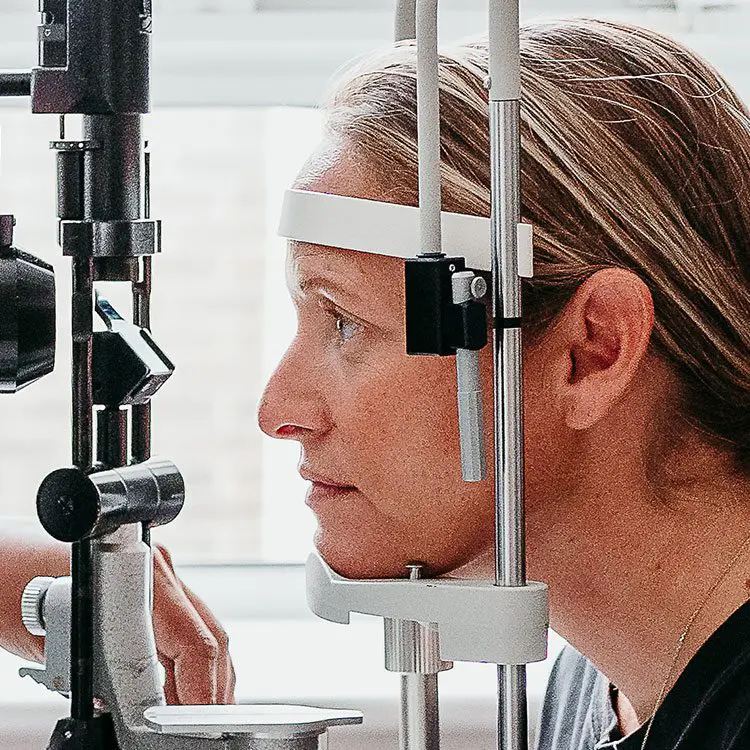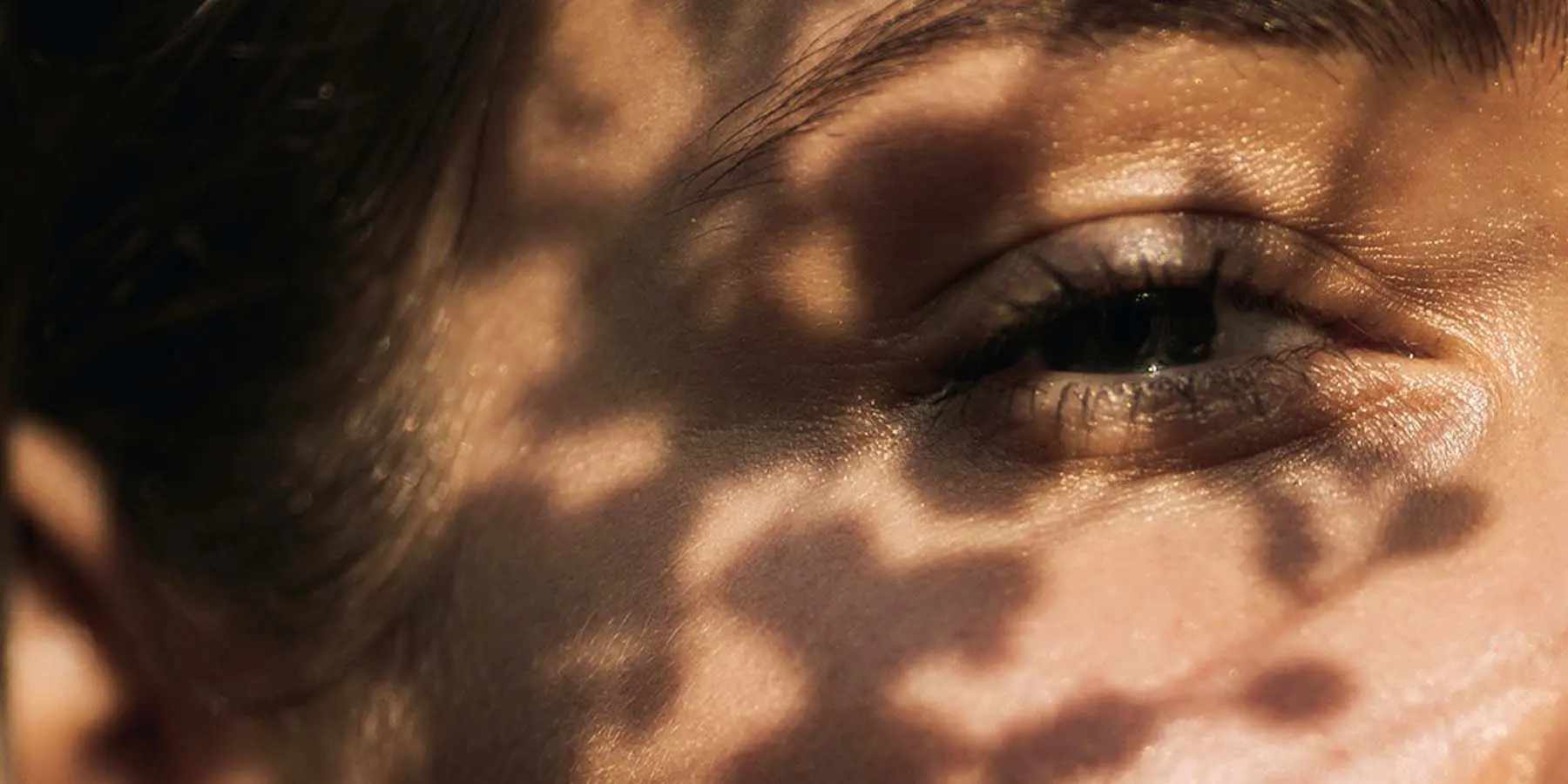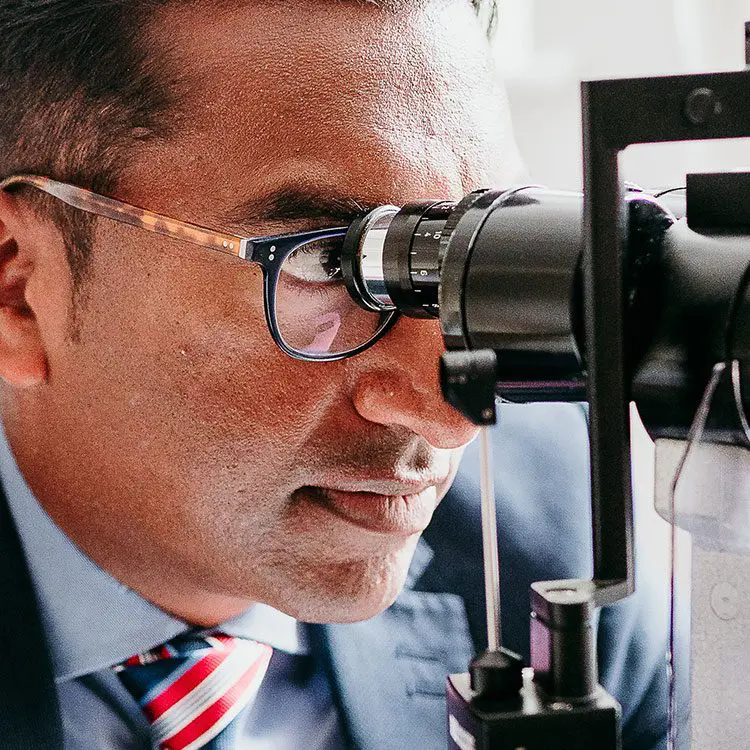




Myopia is the medical term we use to describe “short-sightedness”. This is a common condition that can affect around 3 in every 10 people in the UK, with approximately 5% of these men and women having severe myopia. It occurs when the light which is focussed in front of the retina results in blurred distance vision. This is shown in the optician’s prescription as a minus sign before the number called ‘Sphere’ (eg -2.00D). The larger the number, the more shortsighted the eye, and the further in front of the retina the image will fall. The prevalence of myopia is projected to increase from nearly two billion people worldwide in 2010 to almost five billion people in 2050.

What are the Symptoms?
What are the Causes?
Myopic eyes are either typically too long or have a cornea which is too curved. This abnormality can be the product of both genetics and environmental factors. The risk of a child developing myopia is 50% when both parents are myopic. Clinical research also associates myopia with low levels of outdoor activity, prolonged near tasks such as reading / gaming and poor lighting levels.



What is the Diagnosis?
Common solutions including spectacles and contact lenses can be prescribed by your Laser Vision Optometrist. For a permanent solution to myopia, refractive surgery can be a safe and viable alternative. There are a number of methods available and one or more may be appropriate for you. The most familiar of these methods will be modern LASIK surgery in which the shape of the cornea (clear window on the front of the eye) is reshaped. Other methods include the Implantable Contact Lens (ICL) and Refractive Lens Exchange (RLE).


Treatment Options
Choosing the right vision correction clinic for your surgery is paramount. This is a life changing procedure after all, and you need to have complete trust in your surgeon and care team of professionals.
Our Technology
We invest in the latest equipment hand chosen by our surgeons, so that we can deliver outstanding results with the safest surgery possible.